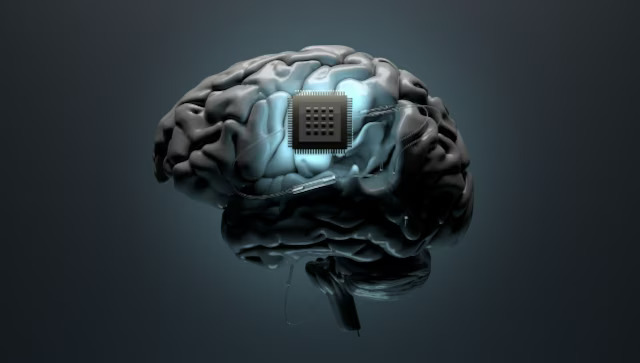In recent times, there has been growing concern over the potential impact of neural implants on our privacy, cognition, and personal autonomy. The United Nations (UN) has issued a warning regarding the possible consequences of AI brain implants, similar to those developed by Neuralink. In this article, we delve into the intricacies of this technology, its implications, and the ethical considerations surrounding it.
The Rise of Neuralink-like AI Brain Implants
Neuralink, a company co-founded by Elon Musk, has gained significant attention for its groundbreaking work in the field of brain-computer interfaces (BCIs). These BCIs aim to establish a direct link between the human brain and machines, paving the way for enhanced cognitive abilities, medical applications, and even potential advancements in human-machine integration. The core technology behind Neuralink involves implanting ultrafine electrodes into the brain, which can both read and stimulate neural activity.
Unraveling the Potential of AI Brain Implants
Revolutionizing Medical Treatments
AI brain implants hold tremendous promise in revolutionizing medical treatments and improving the lives of individuals suffering from neurological disorders. By deciphering neural signals and providing targeted stimulation, these implants could offer new avenues for treating conditions such as paralysis, epilepsy, and Alzheimer’s disease. The ability to decode and manipulate brain activity could lead to groundbreaking breakthroughs in the field of neurology.
Augmenting Cognitive Capabilities
One of the most intriguing aspects of AI brain implants is their potential to augment human cognition. Imagine a future where individuals can effortlessly retrieve information, learn new skills, and enhance their memory capacity through a seamless brain-computer interface. While still in its early stages, this technology could redefine the boundaries of human intelligence and pave the way for a new era of accelerated learning and cognitive enhancement.
UN’s Warning and Privacy Concerns
While the advancements in AI brain implants offer exciting possibilities, the United Nations has raised concerns about their potential misuse and the associated risks to personal privacy and individual autonomy. The UN warns that these implants have the capability to read an individual’s thoughts and potentially alter how they think, leading to profound ethical dilemmas.
Privacy Invasion
AI brain implants, if not regulated appropriately, could raise significant privacy concerns. The ability to access an individual’s thoughts and neural activity has far-reaching implications for personal privacy. Unscrupulous actors could exploit this technology to extract sensitive information, manipulate thoughts, or invade the innermost sanctums of an individual’s mind.
Threats to Autonomy
The UN’s warning also highlights the potential threats to personal autonomy posed by AI brain implants. Altering an individual’s thoughts or cognitive processes could undermine their freedom of thought and decision-making, leading to concerns of coercion or manipulation.
Ethical Considerations and Safeguarding Individual Rights
As the development of AI brain implants progresses, it is crucial to address the ethical considerations and ensure the protection of individual rights and privacy. Here are some key aspects that need to be taken into account:
Informed Consent
Obtaining informed consent from individuals undergoing AI brain implant procedures is paramount. It is essential to provide comprehensive information about the potential risks, benefits, and long-term implications of the technology. Informed consent ensures that individuals retain control over their own bodies and are aware of the extent to which their privacy may be compromised.
Robust Regulatory Frameworks
Establishing robust regulatory frameworks is imperative to govern the use of AI brain implants. These frameworks should focus on issues such as privacy protection, data security, informed consent protocols, and ethical guidelines. Collaboration between policymakers, scientists, and ethicists is crucial to strike a balance between technological advancements and the safeguarding of individual rights.
Continuous Monitoring and Accountability
Ongoing monitoring and accountability are essential to ensure the responsible and ethical use of AI brain implants. Regular evaluations, audits, and oversight mechanisms can help identify and mitigate potential risks and abuses of this technology.
Conclusion
The development of AI brain implants, akin to those pioneered by Neuralink, presents a double-edged sword. On one hand, these advancements hold immense potential for medical treatments, cognitive enhancement, and human-machine integration. On the other hand, they raise legitimate concerns about privacy invasion and threats to personal autonomy. As we continue to explore the frontiers of neurotechnology, it is crucial to strike a balance between progress and safeguarding individual rights, ensuring that ethical considerations and responsible use guide the path forward.

